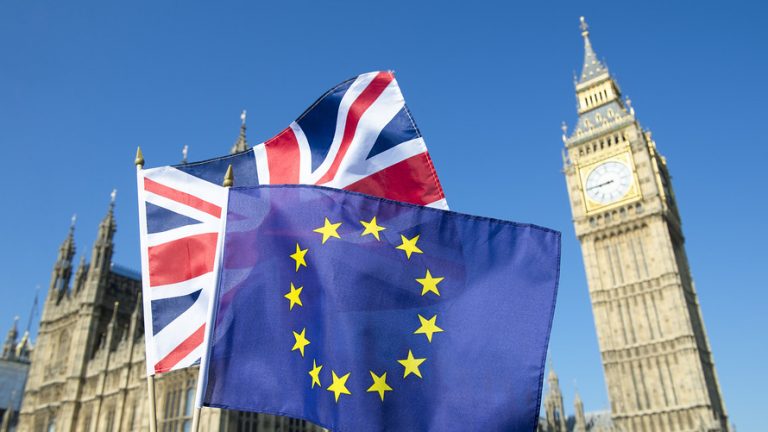
On June 24, at around 5AM UK Time, the results of the EU referendum were announced. Britain is leaving the EU, unofficially. A complete shock, against all expectations, which has quickly immersed into the financial markets.
As if the Brexit by itself wasn’t enough, several significant political and economic events followed the vote, making uncertainty levels very high:
- PM Cameron resigned on national television, shortly after the referendum decision.
- The EU started applying pressure on the UK to leave quickly.
- Britain’s most senior EU official, Jonathan Hill, has resigned.
- Scotland, Gibraltar, and Northern Ireland are considering staying the EU by leaving the UK.
- Jeremy Corbyn, the leader of the Opposition, is facing an oust.
- A petition to ignore the referendum results has netted almost 4m signatures, but may be fraud.
- UK bonds, the 10-year gilt yield specifically dropped below the 1% mark.
- Britain’s Credit Rating was dropped by two rating agencies which warned that further reductions could follow.
Below is a quick overview of what happened in the foreign exchange markets as a result of that:
- GBP dropped significantly against the Euro. GBPEUR is currently at 1.20, from 1.31 before the referendum (and 1.36 earlier this year).
- GBP dropped even more significantly against the US Dollar, from 1.48 pre-vote to a 1.33 this morning, June 28.
- GBP has also seen a significant drop against the Australian Dollar – from 1.96 to 1.79.
- The pound has dropped anywhere between 5 and 10 per cent against most other currencies. For instance – it has dropped from 11.5 pre-Brexit to 10.3 post-brexit against the Hong Kong dollar, and from 5.56 to 5.17 against the Israeli Shekel.
The Pound slump has caused Brits living abroad to panic, as they often rely on their UK pensions to support themselves abroad. Additionally, more than 1 million UK expatriates residing in the EU still don’t know whether they’ll be even permitted to continue living there, and whether they will be eligible for any social or health benefits. The Daily Mail has indicated that there was an uptick in Google searches in the UK for migrating to Australia and other destinations outside the EU, particularly English speaking ones.
On the other hand, the major fluctuations in the foreign exchange market proved beneficial for Brits who are living abroad and receive their salaries in any other currency besides GBP. If they believe the pound will eventually recover, they can exchange their foreign currencies for sterling, or even look into the UK property market, which is not expected to drop significantly unless London loses its status as the world’s leading financial hub.
Here’s an overview of what happened in the stock markets since the Brexit was announced:
- Global markets wiped out $3tn in a matter of 4 days.
- The FTSE 250 dropped from 17,333 to below the 15,000, and recovered by 2% today to a level of 15,326 (June 28).
- The FTSE 100 dropped from 6,300 to 5,900, and recovered to 6,111.
- Airline, real estate and bank stocks suffered more losses than others in the UK – with the Royal Bank of Scotland Group PLC (NYSE:RBS), Foxtons Group, and EasyJet dropping by a whooping 25%, and Barclays PLC (ADR) (NYSE:BCS) losing 17% of its value.
- The Dow Jones lost almost 1,000 points in 3 days between June 24 and June 27, from a level of 18,000 to 17,076, and recovered very slightly to 17,140.
- The S&P 500 dropped from over 2,100 points to less than 2,000 points, and is so far staying there.
- The CAC 400 dropped 10% in one day from 4,400 points to almost 4,000, and slightly recovered to 4,088 points.
- The DAX also dropped 1,000 points from 10,200 to 9,200 points, and recovered in the same manner as other indices to a level of 9,480.
To summarize, Brexit impacted the global stock markets almost to the same degree it did foreign exchange markets, demonstrating drops of 7 to 10 per cent with a small recovery between the 27th and the 28th. Only the FTSE 250 has seen a bigger impact of 13.5% in value.
No one knows what’s to come, as the well-being of the global economy depends on the new trade agreements between the UK and the EU, more than anything else. Until then, the turmoil is set to continue.




